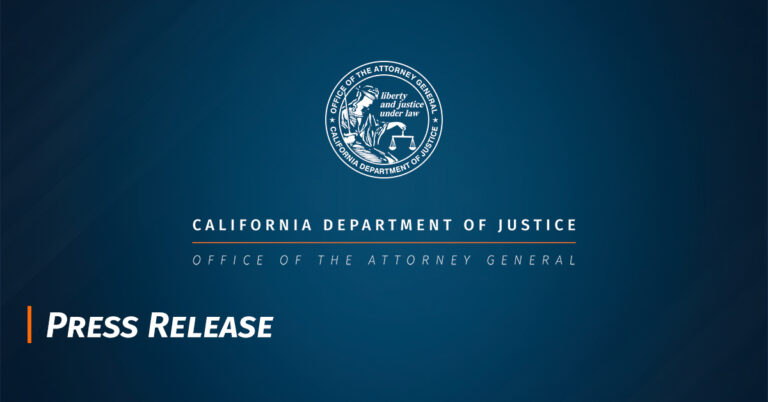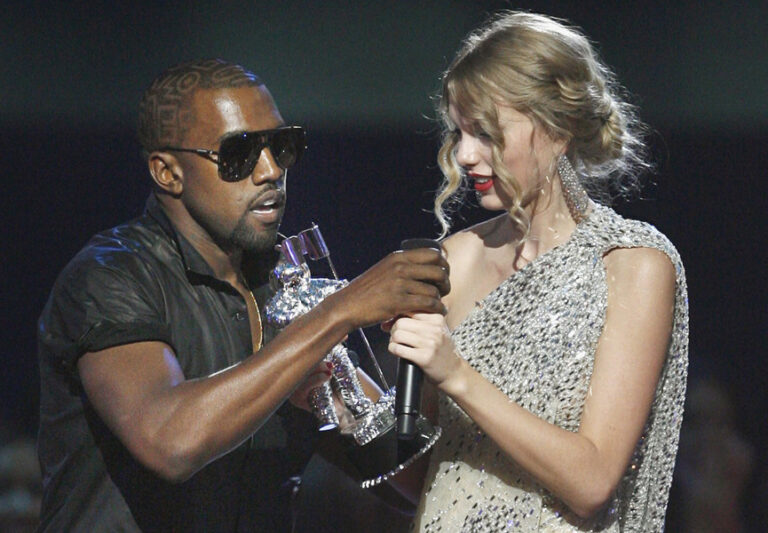Quick Tips to Avoid Last Minute Reseller Fakes!
A Swiftie you know and love could be scammed soon as we edge closer to Taylor Swift’s sparkle-packed, back-to-back shows at Ford Field in Detroit. It’s a story that fans in other cities, such as Atlanta and Nashville, can remember all too well.
Swift’s Eras Tour kicked off in Glendale, Arizona, in March, hits Detroit on June 9 and June 10, moves on to spots like Pittsburgh, Minneapolis, Cincinnati, and elsewhere, and ultimately runs into August in Los Angeles. The scammers love it.
One teen in the Atlanta area, unbeknownst to her parents, lost about $350 when she bought two fake tickets in a scam that started on Instagram. Her parents asked that her name not be used so scammers don’t target her.
A huge fan since age 5, the young woman had been commenting on verified Instagram accounts set up by other Taylor Swift fans, known as Swifties. All of a sudden, someone reached out to her directly in January about tickets for sale. The seller even showed her proof with a screenshot of Taylor Swift tickets for one of three Atlanta concerts, which ran April 28, April 29, and April 30, at Mercedes-Benz Stadium.
It sounded like the real deal.
The teen did not realize that the screenshots of the tickets could be easily faked. She ended up sending money via Venmo and CashApp, as the seller kept requesting more money, including a fake $85 fee to transfer a Ticketmaster ticket to her. As more fees kept being added on, the high school student realized something wasn’t right.
Suddenly, the seller who had her money wasn’t able to talk to her.
Like many fans, she didn’t just want to go see a concert for a flashy show. She wanted desperately to see an old friend, someone whose words helped her get through tough times in her young life, someone she felt like she kind of grew up with over the years. “Her music, it touched something in me,” she said.
And while oddly enough things turned out OK in the end, she’s still sort of bitter about the scammers and the fact that she never got to see Taylor Swift in person. In a very strange twist, someone she met online later on TikTok gifted her one Taylor Swift ticket to a Nashville concert — which she couldn’t go to but was able to sell to another Swiftie via a reseller on Twitter for $475. That fan even sent her video of the concert and it all worked out smoothly. Sort of.
Scammers know all too well why the Swifties need to be there.
On Friday, Michigan Attorney General Dana Nessel warned fans that they could end up paying up to $2,500 for tickets that don’t exist or never arrive.
The Better Business Bureau has reportedly received almost 200 complaints nationally, ranging from struggles getting a refund to outright scams, related to the Swift tour, according to the AG’s office.
The AG’s office suggests: “If you are unfamiliar with a particular ticket vendor, you can call the Attorney General’s Consumer Protection Team at 877-765-8388.” You can ask if the AG’s office has any complaints on file regarding that seller. But the office warns that “the absence of filed complaints does not guarantee a seller’s legitimacy; it simply means that we have not received any complaints concerning the vendor.”
A fan in Columbus, Ohio, saw $690 vanish via Venmo in late May when trying to buy three Taylor Swift tickets from someone named Dawn on a Facebook moms group, according to a report made to the Better Business Bureau’s ScamTracker. The seller provided pictures of her tickets. After the money was sent, the seller deleted her Facebook account and blocked the fan on Facebook.
A New Jersey fan lost $750 in May after spotting Taylor Swift tickets via another Facebook group. The buyer trusted the seller because members of the group must be verified. What she didn’t realize was that the real account had been hacked. The money was sent via the peer-to-peer payment app, Zelle. The fan never got the tickets, according to a report made to the BBB.
Another Swiftie reported losing $2,500 for three tickets, sending money via Zelle, according to the AARP Fraud Watch Network. The fan received digital tickets, but the fake tickets wouldn’t scan at the gate.
We know you really, really, really want to go to see Taylor Swift. But the scammers really, really, really want your money.
The thing is that this isn’t the only hot ticket so it’s wise to pay attention to event-related scams. Beyoncé is coming to Ford Field in Detroit on July 26. Madonna will play her first Michigan homecoming show in eight years on Aug. 5 at Little Caesars Arena.
Con artists swindle people for big names and big games, and events. One consumer, according to the BBB ScamTracker report, lost $550 on tickets for the French Open tennis tournament, also known as Roland-Garros. The tickets never arrived.
Why scammers pitch fake tickets: Many fans are eager to get their hands on tickets to sold-out events, especially after a slump in major tours after the pandemic. Even sky-high ticket prices aren’t scaring people off, if they really want to see a much-loved artist like Taylor Swift, who told a sold-out concert in East Rutherford, New Jersey, “I really, really missed you!”
Even sky-high ticket prices aren’t scaring people off, if they really want to see a much-loved artist like Taylor Swift, who told a sold-out concert in East Rutherford, New Jersey, “I really, really missed you!”
Scammers, Murray noted, often need to create a sense of urgency to get people to suspend skepticism even for a few seconds. If you think those tickets being offered online could be soon sold to someone else, you’re going to jump at that chance to buy them.
Fake tickets, of course, can trigger real heartbreak. Sometimes, a scam artist will have real tickets — and send the same picture to you and everyone else over and over again — as part of the same scam, Murray warned.
Scammers have been hard at work for months to figure out ways to snatch hundreds or thousands of dollars at a time by selling fake tickets.
If you’re lucky enough to snag tickets, don’t post pictures of them: According to an FBI warning, the barcode found on most tickets is a “goldmine for scammers.” The scammer might be able to use that information to get into the event without paying or copy the information and sell more fraudulent tickets to unsuspecting buyers.
Don’t pay for tickets with a Target gift card, Zelle, Venmo, Bitcoin ATM, or debit card: Consumer watchdog groups note that several ticket-related scams, as with other scams, take advantage of payment methods where consumers lose cash quickly.
Choose a safe payment method. Don’t pay for tickets from strangers via a Venmo account.
If you have a credit card, many times you want to use your credit card to buy online — again, if you believe that the seller is legitimate. You do not want to be reading your credit card number over the phone to a scammer or entering it online at a sketchy site.
Watch out for lookalike sites: Many times, a search for tickets by first doing an internet search for a spot like Ticketmaster or StubHub, could land you at a far different site.
If a T. Swizzle ticket is priced at $100, it’s likely too good to be true. Bargains, a no go. No one is going to underprice Taylor Swift tickets.
Con artists who are supposedly selling tickets might say they need to send you a code to verify your identity. It’s usually a six-digit code that’s being generated elsewhere — and one you’re going to need to read back to the seller so they can use it for a scam. Don’t do it.
Contact personal finance columnist Susan Tompor: stompor@freepress.com. Follow her on Twitter @tompor.







